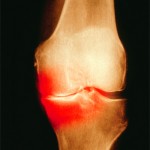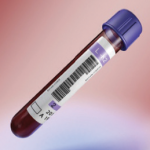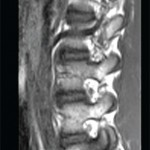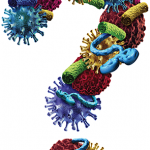Antibody-like molecules that can bind to more than one target—with the goal of having a more powerful effect than if those targets were treated separately in a combination of therapies—could become part of treatment regimens in rheumatic diseases over the next several years, an expert said here in a session at EULAR 2015, the annual…







